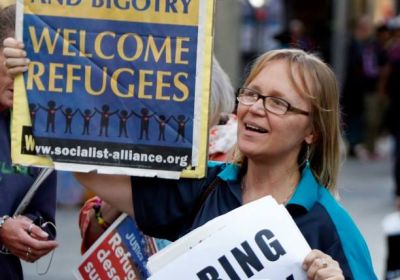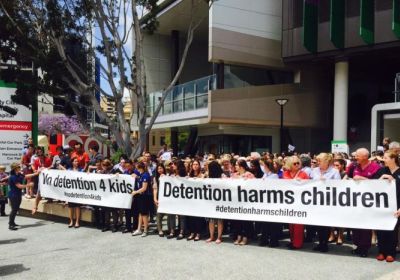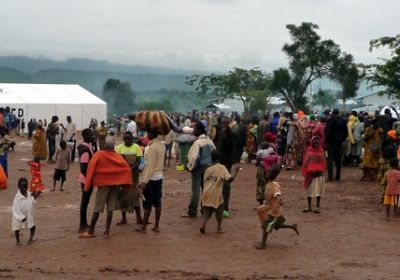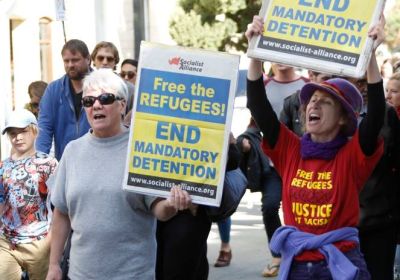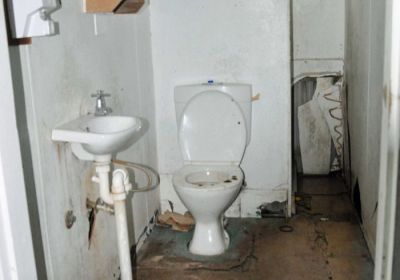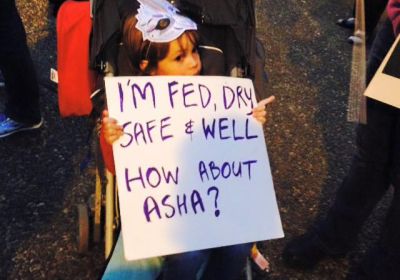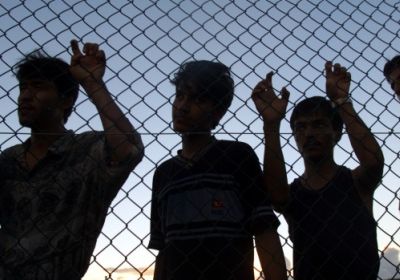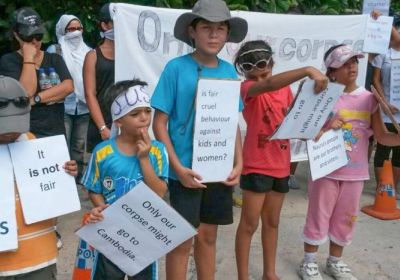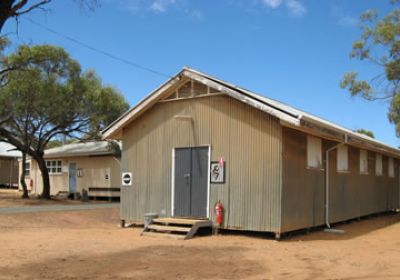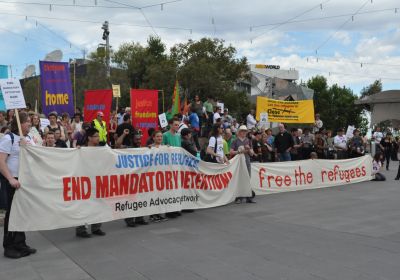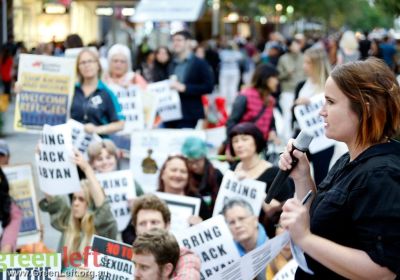
Hundreds gathered outside the Immigration Department office in Melbourne on October 19, chanting, “Bring back Abyan” and “Close Nauru, close Manus”. Rallies were also held that day outside Immigration Department offices in Sydney and Darwin.
In Brisbane, protesters targeted immigration minister Peter Dutton's office on October 21. Protests were also held in Canberra, Sydney and Perth on October 23 and Melbourne on October 24.
